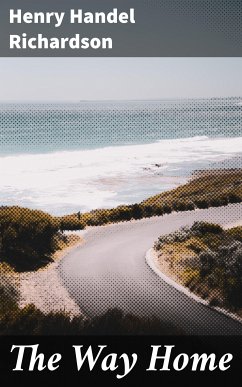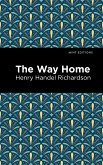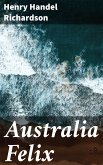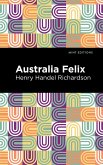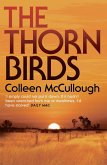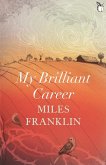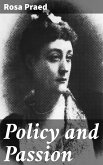In "The Way Home," Henry Handel Richardson weaves an intricate tapestry of personal growth and self-discovery within the confines of societal expectations in early 20th-century Australia. The narrative follows the protagonist, a young girl navigating the transitional landscape of adolescence against a backdrop of rigid societal norms. Through Richardson's lyrical prose and keen psychological insight, the novel captures the complexities of youthful longing, familial loyalty, and the quest for individual identity, manifesting a deep emotional resonance that continues to linger with readers. The deft interweaving of internal monologue with vivid descriptions reflects Richardson's mastery of modernist techniques, marking this work as a significant contribution to Australian literature. Henry Handel Richardson, born Ethel Florence Lindon Barry, was not only an acclaimed author but also an advocate for women's rights and education. Drawing from her own experiences of growing up in a volatile household, Richardson explores themes of isolation and resilience, reflecting the psychological struggles of her characters. Her diverse experiences in both Australia and Europe undoubtedly shaped her perspectives and literary voice, fostering a unique narrative style that challenges traditional gender roles. "The Way Home" is a profound exploration of human complexities, making it a must-read for those interested in psychological depth and historical context. Readers seeking an introspective journey through the trials of growing up in a constrictive society will find themselves captivated by Richardson's poignant storytelling and rich character development.
Dieser Download kann aus rechtlichen Gründen nur mit Rechnungsadresse in A, B, BG, CY, CZ, D, DK, EW, FIN, F, GR, H, IRL, I, LT, L, LR, M, NL, PL, P, R, S, SLO, SK ausgeliefert werden.
Hinweis: Dieser Artikel kann nur an eine deutsche Lieferadresse ausgeliefert werden.

